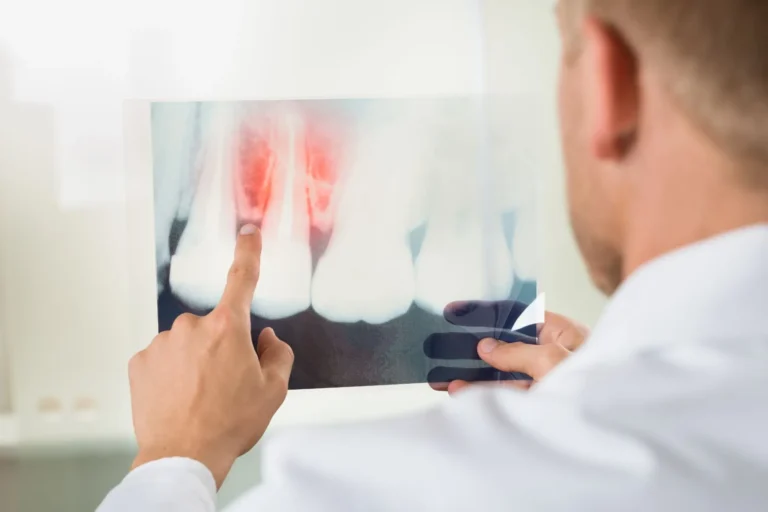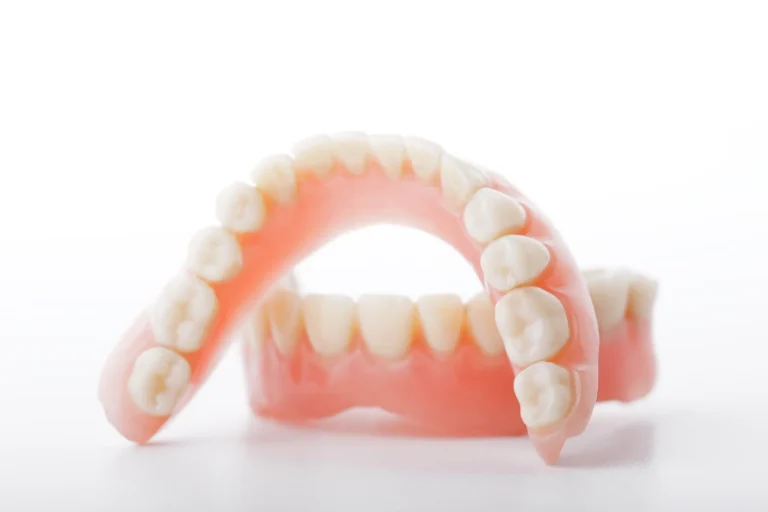What Are Veneers for Teeth?
Veneers for teeth are thin shells made of durable material that are placed over the front of your teeth to improve their appearance. These cosmetic dental treatments are designed to look and feel just like your natural teeth. Veneers can help correct issues such as:
- Staining or discoloration: Especially for teeth that don’t respond to traditional whitening methods.
- Chips or cracks: To restore a smooth, uniform tooth surface.
- Misalignment: To improve the appearance of crooked or uneven teeth.
- Gaps between teeth: Veneers can help close small spaces, offering a more cohesive smile.
Custom-made to fit each patient’s specific needs, veneers provide a fast and effective solution for transforming your smile.
Read more about veneers for teeth.
Types of Veneers: Porcelain vs. Composite
When it comes to veneers for teeth, there are two main types: porcelain and composite resin. Both have their unique advantages and are suitable for different needs.
Porcelain Veneers
Porcelain veneers are made from high-quality ceramic material. They are known for their strength, durability, and natural-looking appearance. Key benefits of porcelain veneers include:
- Aesthetic Appeal: Porcelain mimics the translucent quality of natural teeth, making it an ideal choice for those seeking a realistic, flawless smile.
- Stain Resistance: Porcelain is highly resistant to staining, ensuring that your smile remains bright for years.
- Durability: Porcelain veneers are more durable than composite, often lasting up to 15 years with proper care.
Composite Veneers
Composite veneers are made from a tooth-colored resin material that is sculpted directly onto the teeth during the appointment. While not as durable as porcelain, composite veneers offer a more affordable and faster option. Benefits include:
- Cost-effective: Composite veneers are generally less expensive than porcelain, making them a more budget-friendly choice.
- Quick application: The procedure can typically be completed in a single visit, as the material is applied directly to the teeth.
- Less tooth reduction: Composite veneers may require less enamel removal compared to porcelain veneers.
The choice between porcelain and composite veneers depends on your budget, the extent of your dental issues, and how long you want your veneers to last.
Read more about the differences between porcelain and composite veneers.
How Do Veneers Work?
The process of getting veneers for teeth is relatively simple and typically involves two or three visits to your dentist. Here’s what you can expect:
- Consultation and Planning: During your first visit, your dentist will assess your teeth and discuss your aesthetic goals. X-rays and impressions of your teeth may be taken.
- Preparation: If necessary, your dentist will remove a small amount of enamel from the surface of your teeth to make room for the veneers. This ensures a natural fit and appearance.
- Creating the Veneers: Impressions of your teeth will be sent to a dental lab, where your custom veneers will be crafted. This process may take a couple of weeks.
- Bonding: Once your veneers are ready, your dentist will fit and bond them to your teeth using a strong adhesive. The veneers are carefully adjusted to ensure they fit comfortably and look natural.
After the procedure, you can enjoy your transformed smile with little downtime.
Read more about how veneers work.
Benefits of Veneers for Teeth
Veneers offer a wide range of benefits that make them a popular choice for cosmetic dental treatment. Some of the top advantages include:
- Improved appearance: Veneers can completely transform the look of your teeth, giving you a flawless, confident smile.
- Durability: With proper care, veneers can last for many years, making them a long-term solution for cosmetic issues.
- Minimal tooth preparation: Unlike crowns, which require significant alteration of the tooth structure, veneers require only a small amount of enamel removal.
- Stain-resistant: Especially with porcelain veneers, you don’t have to worry about discoloration over time.
- Quick and effective: The entire process can often be completed in a few short visits, with immediate results that last.
Whether you’re dealing with discoloration, chips, or minor misalignment, veneers offer a reliable, non-invasive way to enhance your smile.
Read more about the benefits of veneers for teeth.
How Long Do Veneers Last?
The longevity of veneers depends on the type of material used and how well you take care of them. Here’s a general breakdown:
- Porcelain veneers: Typically last 10 to 15 years.
- Composite veneers: Generally last 5 to 7 years.
Factors such as oral hygiene, diet, and whether you grind your teeth can affect the lifespan of your veneers. By avoiding harmful habits like chewing on hard objects and brushing regularly, you can extend the life of your veneers.
Learn more about how long veneers last.
Are Veneers Right for You?
Veneers are an excellent option for individuals who are looking to improve their smile, but they are not suitable for everyone. To be a good candidate for veneers, you should:
- Have healthy teeth and gums
- Not suffer from severe tooth decay or gum disease
- Be committed to maintaining good oral hygiene
- Have realistic expectations about the outcome
If you’re unsure whether veneers are right for you, a consultation with your dentist can help you determine the best solution based on your unique needs.
Read more about whether veneers are right for you.
Conclusion: Book Your Veneers Consultation Today!
Veneers for teeth are a great way to achieve a beautiful, flawless smile. Whether you opt for porcelain or composite veneers, you can enjoy long-lasting results that enhance your appearance and boost your confidence. If you’re ready to take the next step in your smile transformation, schedule a consultation with our team today!
Contact us to learn more about veneers and how they can help you achieve the smile of your dreams!












